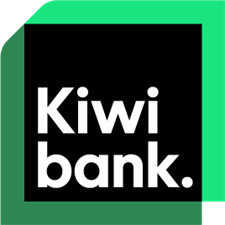Loan amount
Loan term
Last Updated: 16/02/2026 10:45am
Home Loan Term
6 months
Rate
4.99%
LVR
LVR <= 80%
Upfront Fee
0
Monthly Fee
Early repayment of fixed term loan, $250 plus any costs.
Promotion
Get 1% cash back on new home loans.
Home Loan Term
6 months
Rate
4.99%
LVR
Upfront Fee
225
Monthly Fee
Promotion
Apply for a new Westpac home loan of $250,000 or more for your first home and you could get a minimum of $5,000 cash back.
Home Loan Term
6 months
Rate
5.09%
LVR
Upfront Fee
0
Monthly Fee
0
Home Loan Term
6 months
Rate
5.39%
LVR
Upfront Fee
0
Monthly Fee
Home Loan Term
6 months
Rate
5.39%
LVR
Upfront Fee
0
Monthly Fee
You can make extra payments up to $10,000.00 per calendar year.
Home Loan Term
6 months
Rate
5.79%
LVR
Upfront Fee
0
Monthly Fee
Early repayment of fixed term loan, $250 plus any costs.
Promotion
Get 1% cash back on new home loans.
Home Loan Term
Floating
Rate
4.99%
LVR
Upfront Fee
225
Monthly Fee
Home Loan Term
Floating
Rate
5.65%
LVR
Upfront Fee
0
Monthly Fee
Home Loan Term
Floating
Rate
5.7%
LVR
Upfront Fee
0
Monthly Fee
Home Loan Term
Floating
Rate
5.79%
LVR
LVR <= 80%
Upfront Fee
0
Monthly Fee
Early repayment of fixed term loan, $250 plus any costs.











